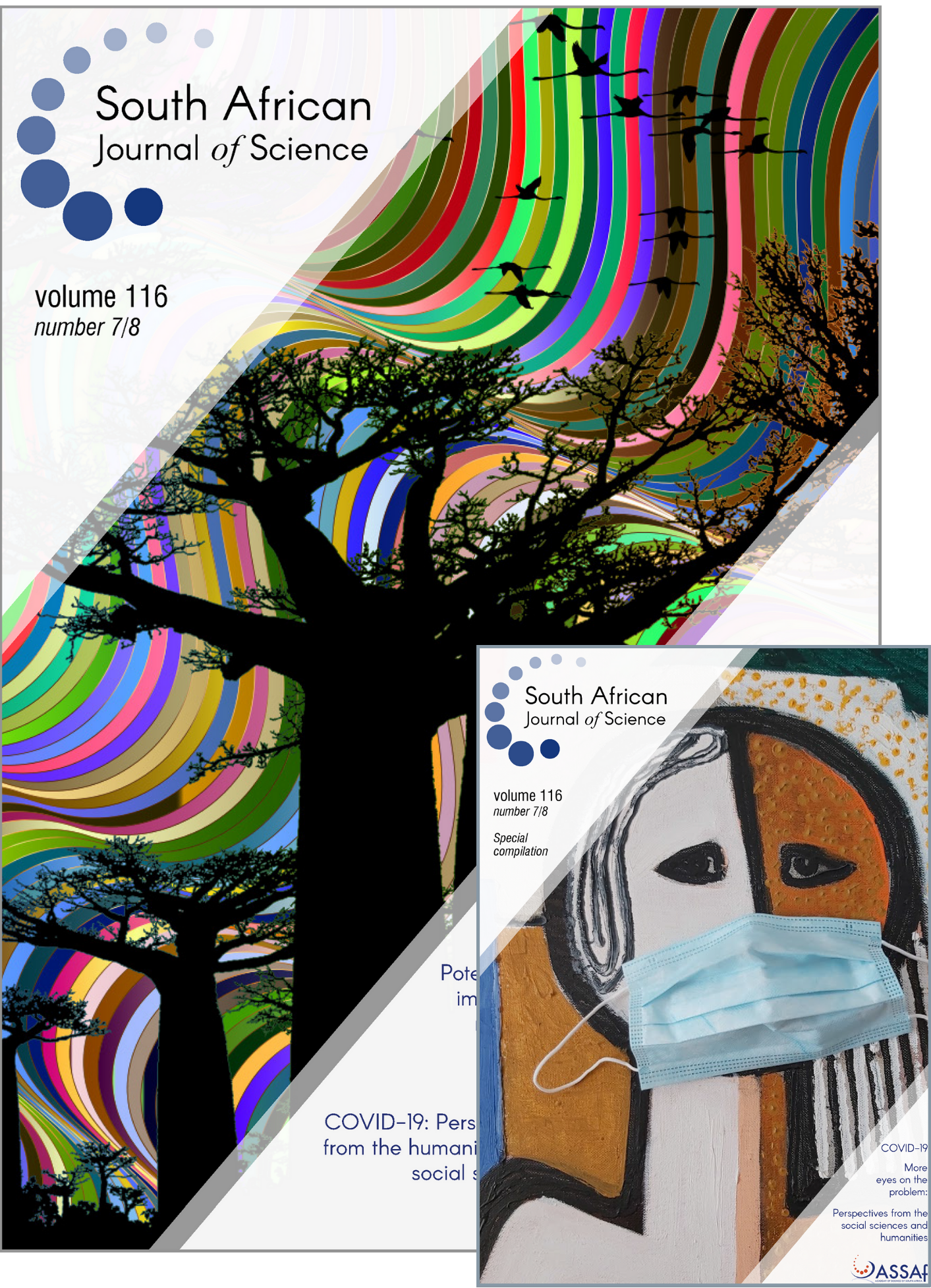South African log resource availability and potential environmental impact of timber construction
DOI:
https://doi.org/10.17159/sajs.2020/6419Keywords:
wood-based building systems, global warming potential, embodied energy, residential housing, South AfricaAbstract
We investigated the South African log resource availability and the potential global warming impact of an increasing wood-based residential building market. We have shown that, with the use of wood resources currently exported as chips, as well as planting trees in areas that have been earmarked for afforestation, a sustainable residential building market, where all constructions are wood-based, is possible. However, in the short term, imports of wooden building components might be necessary if rapid growth in woodbased building occurs. Basic modelling analyses show that if the market share of wood-based buildings increases to 20% of new constructions, the embodied energy and global warming potential of the residential building sector could decrease by 4.9%. If all new constructions were wood based, the total embodied energy and global warming potential of the residential building sector could decrease by up to 30%.
Significance:
- A novel finding of this paper is that sufficient local log resource options exist to realise a sustainable all-wood residential construction market in South Africa.
- The likely implications in terms of embodied energy and potential global warming impact of using wood-based materials for residential buildings compared to conventional brick and mortar or reinforced concrete buildings were also analysed and found to be favourable.
Published
Issue
Section
License

All articles are published under a Creative Commons Attribution 4.0 International Licence
Copyright is retained by the authors. Readers are welcome to reproduce, share and adapt the content without permission provided the source is attributed.
Disclaimer: The publisher and editors accept no responsibility for statements made by the authors
How to Cite
- Abstract 2032
- PDF 1619
- EPUB 234
- XML 394












.png)